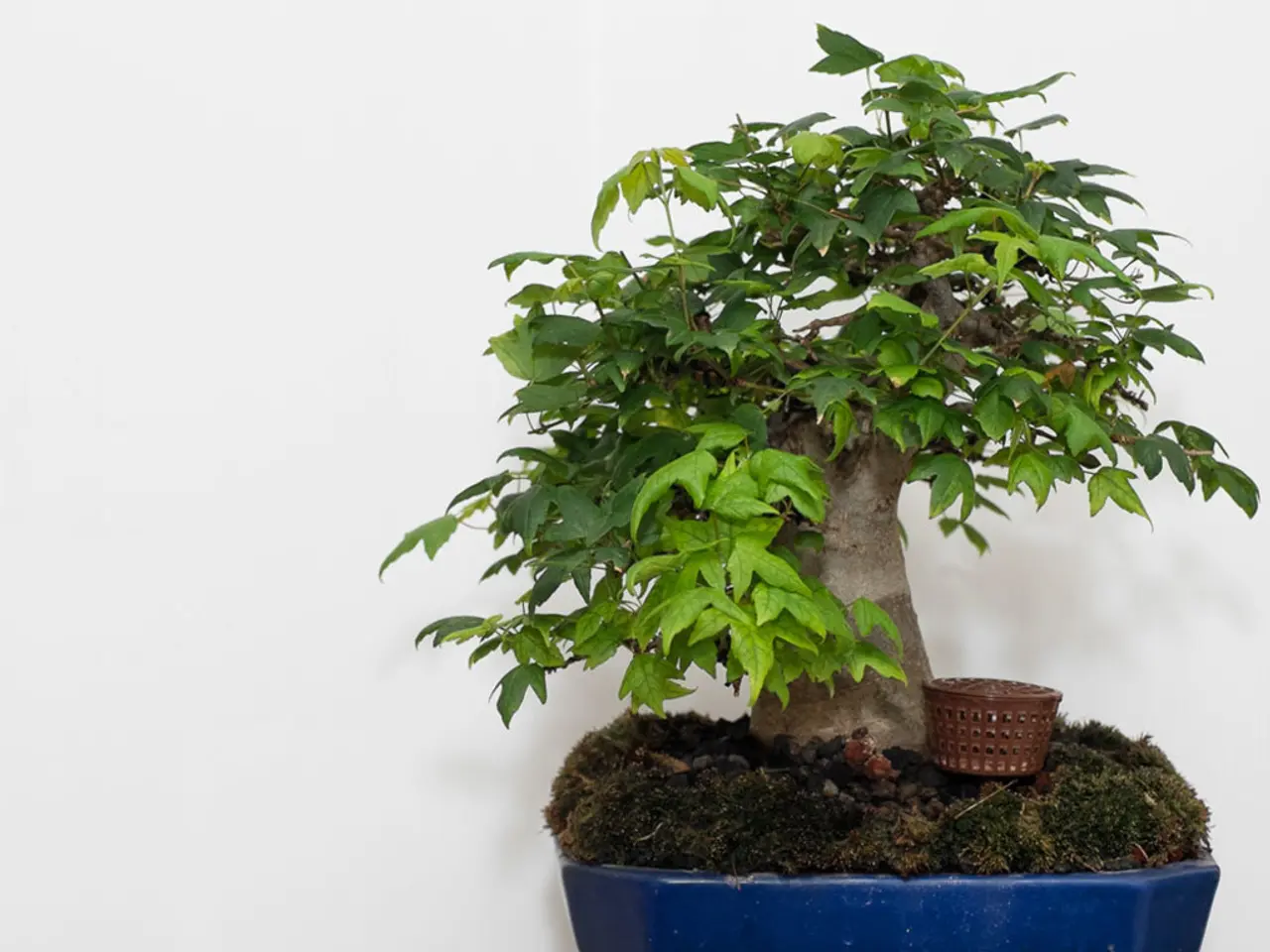Caring for a Ficus Bonsai: Essential Guide
**Caring for Your Bonsai Ficus: A Comprehensive Guide**
Embarking on the creative journey of bonsai cultivation? Ficus trees, with their versatile nature and easy care requirements, make an excellent starting point for novice bonsai enthusiasts. Here's a guide to help you nurture some of the most popular bonsai ficus species and maintain a thriving bonsai garden.
**Common Types of Bonsai Ficus Trees**
1. **Ficus Benjamina (Weeping Fig)**: Known for its small leaves and adaptability to various conditions, this species is one of the most common and versatile bonsai choices. 2. **Ficus Retusa (Tiger Bark Fig)**: Recognized for its rugged bark and small leaves, the Tiger Bark Fig is a popular choice among bonsai enthusiasts. 3. **Ficus Ginseng**: This unique species is appreciated for its bulbous roots and small leaves, often used to create dramatic bonsai shapes.
**Care Requirements**
**Light** Place your bonsai ficus trees near a bright window to ensure adequate light, but avoid direct sunlight that can cause leaf burn. Prefer morning sun with afternoon shade to protect from harsh direct sunlight.
**Potting and Soil** Use a light, airy potting mix that drains well to prevent root rot. Choose a pot that is large enough to accommodate the roots, but not so large that the soil stays wet. Repot every two to three years in the spring to maintain healthy root growth.
**Watering** Water when the top inch of soil feels dry to the touch, typically more often in summer and less in winter. Ensure the soil is consistently moist but never waterlogged.
**Temperature and Humidity** Maintain high humidity, especially indoors, by placing the tree near other plants or using a humidifier. Prefer temperatures between 65°F and 75°F (18°C and 24°C), avoiding drafts.
**Fertilization** Use balanced, water-soluble fertilizers during the growing season (spring and summer). Fertilize once a month, adjusting the schedule based on the plant's response.
**Additional Tips** - Regularly prune to maintain shape and promote healthy growth, ideally in the spring or fall. - Regularly inspect for pests like mealybugs and spider mites, treating promptly if necessary. - Bonsai ficus trees prefer warmer temperatures, ideally around 70 degrees Fahrenheit. - Never let the temperature drop below 60 degrees for bonsai ficus trees. - It's important to use a soil mix made especially for bonsai trees or follow a guide to soil for bonsai trees. - Bonsai ficus trees can also thrive in east- or west-facing windows. - Check out resources for caring for your bonsai trees and enriching your life with this wonderful practice.
Bonsai is a creative and rewarding hobby, and ficus trees are a great plant to start with if you're new to bonsai. With the right care and attention, your bonsai ficus trees will flourish and provide you with a lifetime of enjoyment.
Transform your home-and-garden into a sanctuary of life with the addition of a thriving bonsai garden, featuring the popular Ficus Bonsai species like the Weeping Fig, Tiger Bark Fig, and Ficus Ginseng. Spend your free time cultivating these magnificent plants, blending the arts of gardening and bonsai into your lifestyle. Regularly monitor their requirements for light, potting and soil, watering, temperature, humidity, and fertilization to ensure a harmonious living environment for your bonsai ficus trees.




